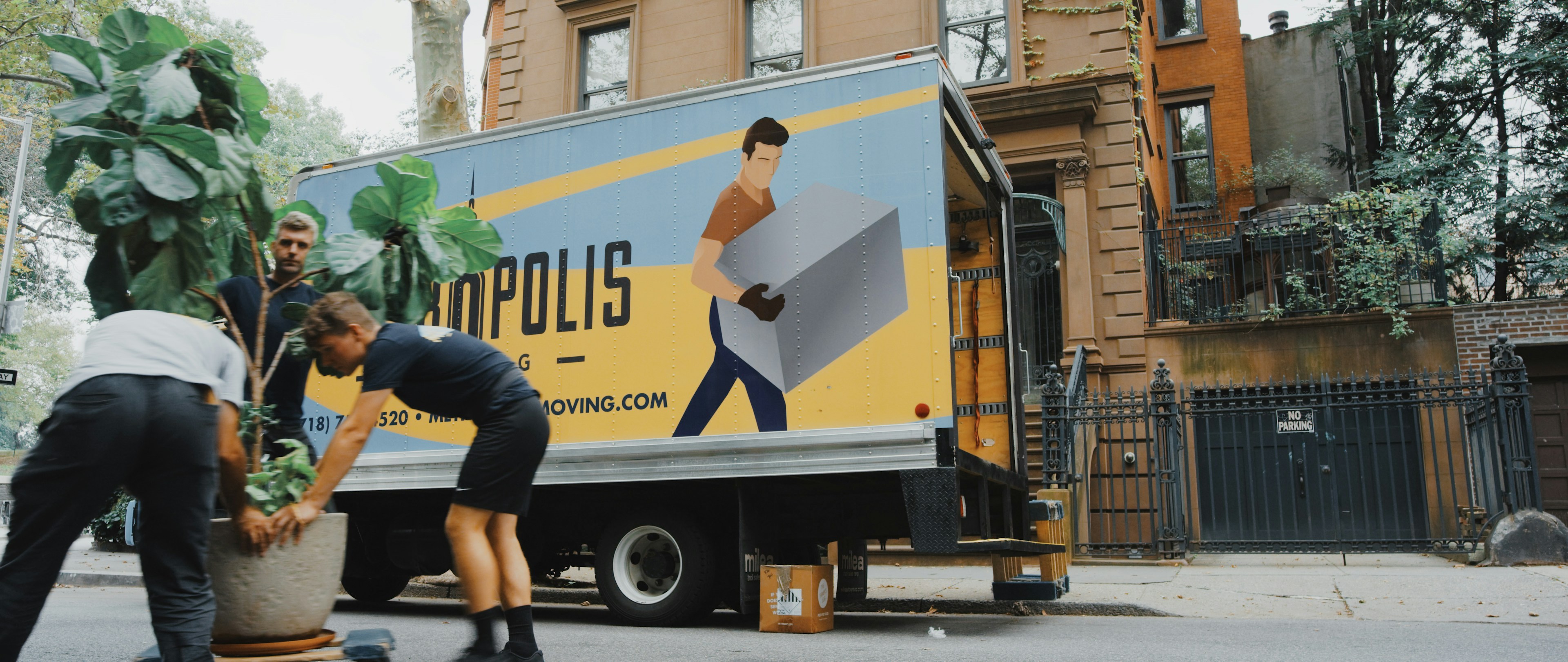Getting a home loan is both an important process and an intimidating one, and if you’ve never purchased a house before, you might find yourself overwhelmed and confused, especially about the loan process. The best time to address your concerns is well before you apply for a loan, so it’s up to you to put some time into research and compile a list of questions you have so when you meet with a financial advisor, you’re prepared and ready to address your needs and take the next step towards homeownership. If you’re considering a home loan, let’s go over the top six questions you need to ask before you take the plunge.
1. What type of home can I afford?

Before applying for a home loan, you’ll need to identify how much money you’re planning to invest in your home and how much you can afford to spend. You don’t always want to accept the largest loan you qualify for, it’s important to consider your income and what you can realistically repay if you want to avoid significantly damaging your financial health in the future.
You also, ideally, want to be able to put about 20% of the cost of the home down upfront, so if you’re not able to afford that, it might be time to reconsider whether you’re outside of your price range. If you’re a first-time buyer, make sure you go over the terms of your loan with an expert before you sign.
2. How do I get the best available rate?

You may be able to get a lower rate in a few different ways. A larger down payment can secure a more favorable rate, as can reducing your debt-to-income ratio. If your credit isn’t perfect, you can also look into adding a co-signer to your loan to help bring down the interest rate, though you should go over the legal implications of that choice with a professional before you do. Interest rates can also vary by lender, so don’t be afraid to shop around.
3. Should I choose a fixed-rate and an adjustable-rate mortgage?

A fixed-rate mortgage will lock-in with the rate at the time you sign the loan documents for the entire duration of the mortgage, whereas an adjustable-rate mortgage will fluctuate based on the market. ARMs are typically based on a 30-year time period and often include fixed-rate for a few years at the beginning of the loan term.
4. When do you need to move?

If you have a firm date that you need to be out of your home by, make sure you communicate that to your realtor and anyone else involved in the home-buying process. A firm deadline can clarify a lot in terms of what you can financially afford to pay upfront as well.
You may find you have a gap between the move-out date and move-in date for your new home. Renting an apartment on a short-term basis can be a great way to address the issue. Plenty of realty management companies, like Venterra Realty, can guide you through the listings in your area.
5. Have you made sure your finances are in order?

Planning to move, and to take out a home loan, often begins months or even years before you actually do it. It’s essential for any potential homeowner to make sure their finances are in the best possible shape before pursuing the purchase of their home. Reducing the amount of debt you have and saving cash for a down payment are both important ways to start your experience with home-ownership out on the right foot, from a financial perspective.
6. What will I need to spend to make the house move-in ready?

Part of taking out a home loan involves knowing exactly what all of your expenses will be. While the loan will cover the purchase of your house, you may find that there are other expenses that have to be taken care of. Look up what things to inspect before buying a home, so you’ll know what you need to upgrade or repair before you move in. When you know what you will need to pay to get your home move-in ready, you’ll know exactly how much cash you have on-hand to deal with your down payment and reduce any debt you can before you lock into your home loan.
It can be difficult to get a home loan with a rate you’re comfortable with if you don’t have experience in the housing market, but luckily it’s easier than ever to educate yourself and connect with professionals who can answer any questions you might have along the way. If you’re new to purchasing homes, don’t rush the process. Take time to prepare yourself financially and consult with trusted friends and advisors before making any big decisions. If you’re careful and thorough, you may find yourself with a loan and on your way to homeownership sooner than you think.



